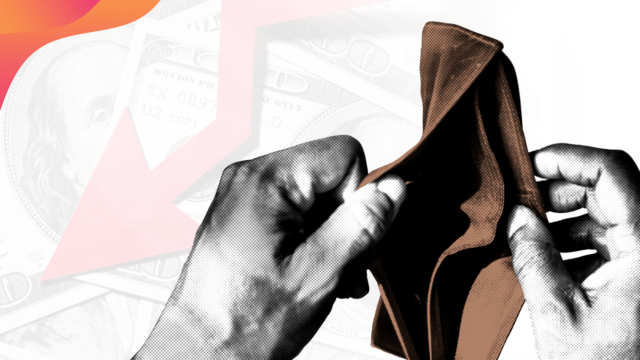Good debt vs bad debt
Understanding the difference between good debt and bad debt can ensure that debt is used for growth.

For many people, debt is a facet of life. What it comes down to is whether it is used irresponsibly, which could have terrible consequences, or whether it is used wisely and managed properly to build wealth.
Debt is categorised broadly into two categories: good debt and bad debt. Good debt increases in value over time and is considered good for your finances if it helps you reach major financial goals.
Bad debt, on the other hand, is money you borrow to purchase depreciating assets. It does not set you up for smooth sailing. Rather, you are most likely unable to recoup the amount spent on interest.
Good debt
Education
College or university debt can be discouraging. But with the prospects of employment, it means that you have invested in your earning potential. Getting an education that imparts useful skills that are in high demand could lead to higher earnings; in general, people with higher levels of education tend to earn more than those with lower levels of education. While a degree or a PhD is not an asset, it signifies earning potential.
Mortgage debt
Mortgage debt is one of the biggest debts one could ever have. However, it is a good debt to have, but with some conditions. First and most importantly, before signing on the dotted line, you have to calculate the monthly payments you have to make.
Taking on a mortgage means you are on the way to becoming a homeowner, as you make payments instead of paying rent and eventually have a deed to your home.
Business Loan
Borrowing money to start your own business is considered good debt. Starting a business is an investment in the future that, if managed and run well, could become an asset that grows in value. However, before taking a business loan as capital to build a successful business, do thorough research because business comes with risks.
Bad debt
Good loans are intended to steer you towards achieving your financial goals. Bad loans do the exact opposite and can clead you to great financial obstacles down the road.
Vacations
It’s quite often understandable to want to take a breather from the everyday routine of normal life and the stresses that come with it. However, unlike paying rent or your water and electricity bill, a vacation is not a necessary expense. Once you come back from the white sandy beaches of Malindi, you will have nothing to show for it other than dirty laundry and a “dented” wallet. If you want a memorable vacation for yourself or your family, consider saving up for one at the beginning of the year that won’t eat up into your normal budget.
Car loan
How many times have you heard people say that having a car is convenient and that it will save you hours of sitting in traffic? They are not wrong, but it is still wise to avoid going into debt to buy a car, if possible because cars are depreciating assets. As soon as you leave the car yard or port of Mombasa, it will be worth less than the price you bought it for. But if you really have to buy one for transportation, consider taking up a loan, which is quite common, either from a bank, Sacco or a financial institution that offers one, as they often provide you competitive interest rates. Also, remember that a second-hand Toyota will still get you from point A to point B the way an exotic sports car would.
Credit card debt
High-interest credit cards can quickly spiral into high balances if things are left unchecked. Credit cards aren’t necessarily bad if used for payments that earn travel miles, give you cash back and other bonuses. When large card balances are carried over time, and rising interest rates compound on that balance, it becomes unmanageable debt.
Clothes
Everybody wants to look good, and of course, clothes are a basic need alongside food and shelter. But, taking out a loan from Mshwari or Fuliza and going into debt to buy extra clothes you don’t need or luxury designer items is a bad idea. Trendy or designer shoes only retain their shine for a while, but like cars, they fail to hold their value and depreciate over time.
